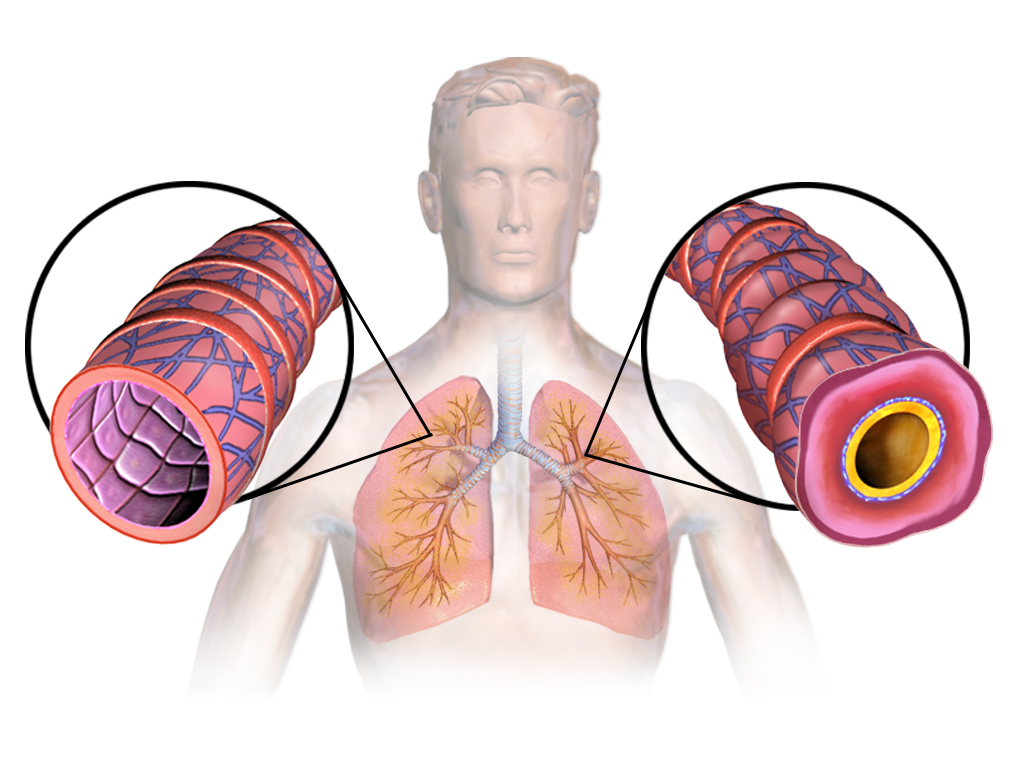Asthma is a commonly recognized chronic respiratory condition. It disrupts normal breathing patterns due to inflammation and narrowing of the airways, which can significantly impact daily life. Discover key insights into identifying triggers, recognizing symptoms, and exploring treatment options. By gaining an understanding of asthma and its management, individuals can approach their condition in a way that works for them.
Identifying Triggers
Understanding what triggers asthma is a key step in reducing the frequency of asthma attacks. Triggers vary widely among individuals but commonly include environmental allergens, respiratory infections, and physical activities.
- Environmental allergens such as pollen, pet dander, and mold often exacerbate asthma symptoms.
- Irritants in the air, like strong odors, perfumes, and chemical fumes, can provoke airway sensitivity.
- Respiratory infections, particularly during cold or flu season, may increase the likelihood of flare-ups.
- Exercise in dry or cold environments is also a frequent trigger for some individuals.
Knowing personal triggers allows individuals to adopt strategies for avoiding or minimizing exposure, which is beneficial for managing symptoms effectively.
Recognizing Symptoms
Asthma symptoms can vary in type and intensity but are often consistent across age groups, making early recognition beneficial for diagnosis and tailored care. Common symptoms in adults include persistent coughing, chest pain or tightness, wheezing, and shortness of breath.
In children, symptoms may include frequent coughing fits, particularly at night or during play, along with complaints of shortness of breath. Ongoing breathlessness can also disrupt sleep, leading to daytime fatigue. Monitoring these signs helps start an effective treatment plan.
Exploring Treatment Options
Asthma management typically includes medications and other therapeutic interventions to reduce symptoms and prevent flare-ups. Current treatment options focus on both immediate relief and long-term control.
- Quick-relief medications provide immediate symptom relief and are often used in emergencies. These include inhalers that help open up the airways.
- Long-term control medications are used daily to reduce airway inflammation and prevent attacks. These often include inhaled corticosteroids and combination inhalers.
- Immunotherapy, such as allergy shots, can help individuals with asthma related to specific allergens by gradually reducing their sensitivity to those triggers.
These treatments are most effective when tailored to the unique needs of each individual and regularly reviewed by healthcare professionals.
Personalizing Asthma Management Plans
Tailored asthma management plans focus on addressing the specific needs of each individual. These plans often include strategies for identifying triggers, monitoring symptoms, and adjusting medications as needed. By taking a personalized approach, individuals gain better control over their asthma, helping to reduce the frequency and severity of attacks. Such plans typically incorporate education on self-monitoring techniques and guidelines for responding to worsening symptoms. Regular follow-ups with a medical provider are beneficial for refining the plan to adapt to changing circumstances.
Booking an Evaluation
A professional evaluation is the first step in effectively managing asthma. Healthcare providers use diagnostic tools such as spirometry or peak flow testing to assess lung function and determine the severity of the condition. These evaluations also help guide the development of a customized treatment plan. To manage symptoms effectively, it is advisable to schedule an assessment with a qualified healthcare provider. By addressing the condition head-on, individuals can develop a proactive and effective care strategy.
Don’t Let Your Asthma Hold You Back
Asthma impacts individuals in unique ways, requiring a thoughtful approach to management. Key steps include identifying triggers, recognizing symptoms, exploring treatment options, and creating a personalized management plan. Professional evaluations and regular follow-ups are beneficial for maintaining control over this chronic condition. If asthma symptoms are affecting your quality of life, schedule a consultation with a specialist today.

